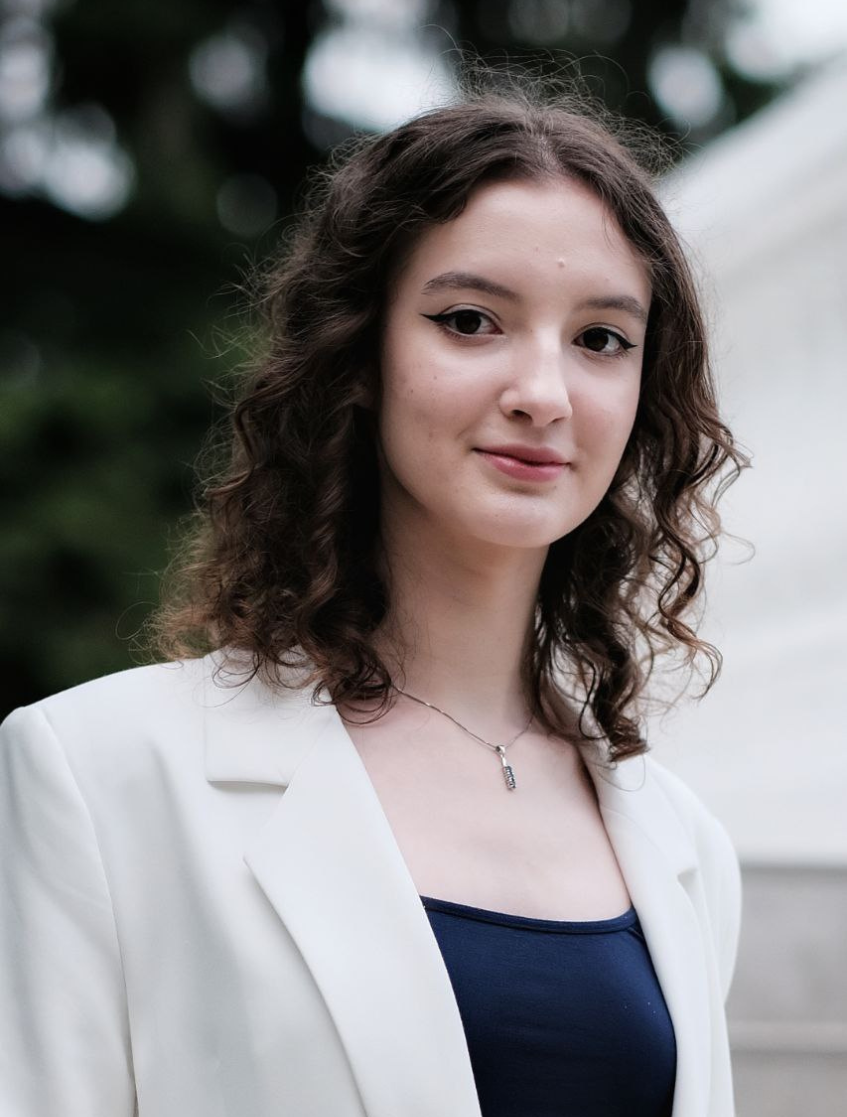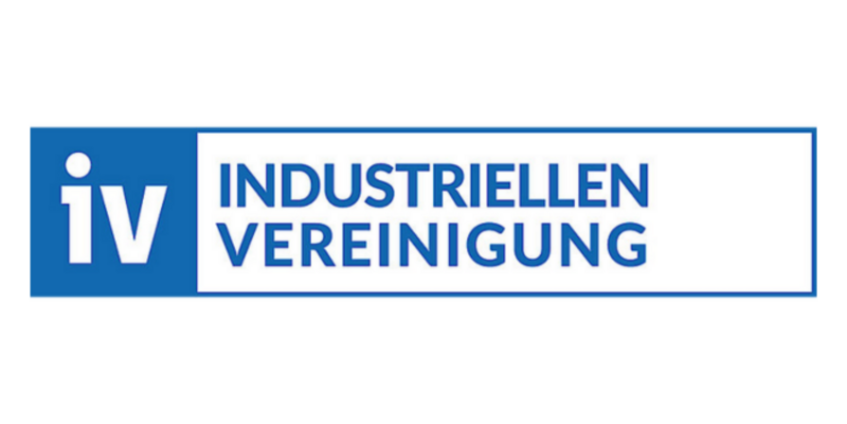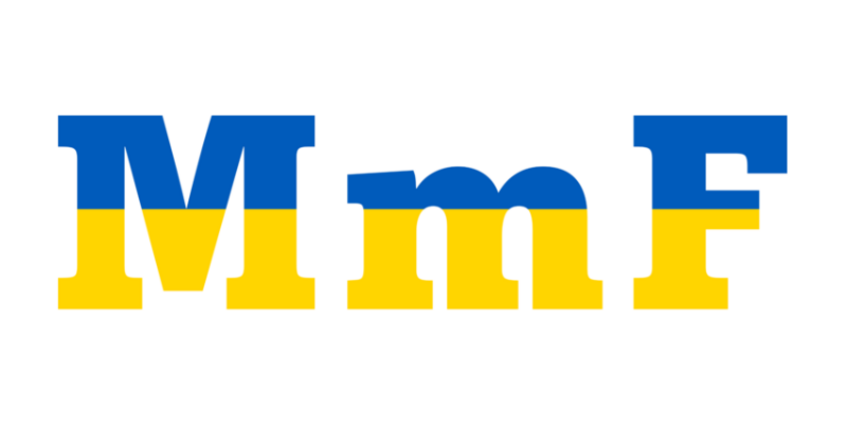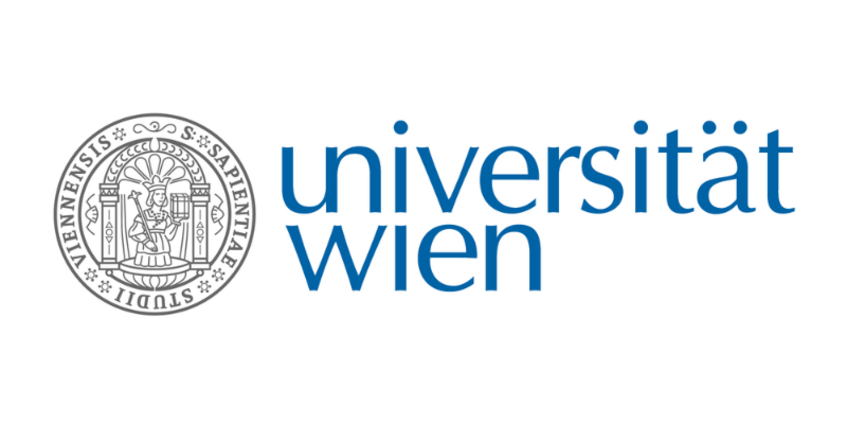Discover AI: Machine Learning & Computer Vision
Summer Course for High School Students in Vienna
Have you explored endless capabilities of Artificial Intelligence? You want to dive deeper into this exciting realm and become a part of the future it promises? Imagine crafting your very own Computer Vision project, capable of recognizing your face! If this sounds exciting, then this summer course is the perfect fit for you!
The course is structured to begin with the fundamentals, starting from Python basics, and gradually progressing towards more advanced topics, discovering Machine Learning, prompting techniques, and practical experience with ML libraries in Python. As you progress, you'll delve into Computer Vision, gaining insights into its main concepts and discovering techniques to recognize your own handwriting and way more!
The course will take place in Vienna and is provided free of charge to the participants.
Upon successful completion of the course, participants will receive a certificate of attendance.
INFORMATION
- Dates: August 5 - August 16 (Mon - Fri)
- Time: approx. 10:00 - 13:30
- City: Vienna
- Address: Oskar-Morgenstern-Platz 1 (Faculty of Mathematics of the University of Vienna)
- Suitable for high school students (Sekundarstufe 2) with basic programming skills in any language
- Fee: The course is provided free of charge
- Language: English (assistance in German available)
Contents
WEEK 1: Basics of Python and AI
- Day 1: Introduction to Python
Syntax, data types and functions in Python.
Numpy and other useful libraries.
Hands-on programming exercises.
- Day 2: What is AI?
Short overview of AI concepts.
Introduction to prompting: how to effectively interact with Large Language Models like ChatGPT?
- Day 3: Machine Learning basics I
Statistics & data, their role in AI.
Hands-on exercises: how to handle and prepare data for further ML-processing?
- Day 4: Machine Learning basics II
Types of ML: supervised and unsupervised learning.
Introduction to decision-making algorithms.
What is model evaluation?
- Day 5: Machine Learning in action
Participants will create, train and evaluate a simple supervised learning model using TensorFlow.
WEEK 2: Intro to Computer Vision
- Day 6: What is Computer Vision?
Participants will learn how to preprocess images.
Hands-on exercises: image manipulation and filtering techniques using OpenCV.
- Day 7: Convolutional Neural Networks in CV
Learn how track objects and extract features.
Hands-on project: Digit recognition using MNIST dataset.
- Day 8: Advanced Techniques in Computer Vision & Project Day
Image segmentation and introduction to facial recognition.
Participants will start working on their own projects. Inspiration for projects ideas is provided!
- Day 9: Project day
Participants will continue working on their own projects.
- Day 10: Presentation of the projects
Participants will finalize their projects, make final adjustments, and troubleshoot issues. They will conclude by presenting their work in short presentations.
Important: the program is preliminary and may be adjusted!
Prior Knowledge: Basic knowledge of Python is helpful but not required. However, we recommend having at least a minimal understanding of any programming language to better grasp the fundamental concepts.
Location
The course will take place at the Faculty of Mathematics of the University of Vienna.
Address: Oskar-Morgenstern-Platz 1, 1090 Vienna
Room: PC-Raum 2, 1.UG
Instructor

Ilona Tylevna
Ilona Tylevna graduated with honours from Naukova Zmina Lyceum, one of Ukraine's leading STEM high schools in Kyiv.
In 9th grade, Ilona began research in applied mathematics with the aim of renovating old and suboptimal neighbourhoods in Ukraine using mathematical (mainly geometric) methods.
In the last school year, with her project on the use of AI to validate mathematical notations, she won first place in the computer science section of the All-Ukrainian Research Competition of the Junior Academy of Sciences of Ukraine (JASU). Ilona was recognised as the best young scientist in Ukraine and was able to take part in the EU Competition for Young Scientists (EUCYS 2023) in Brussels, where she presented her research on an international platform.
Ilona has represented Ukraine at international competitions and exhibitions in Croatia (INOVA-2022), Taiwan (KIDE-2022) and Switzerland (Geneva Inventions Show 2023).
Ilona is currently studying maths at the University of Vienna.
In April 2024, Ilona was awarded the IV-STEM scholarship for High Potentials from Ukraine.
Contact
For further questions, you can get in touch with
- Instructor: Ilona Tylevna, ilonatylevna@gmail.com
- Coordinator: Dmytro Rzhemovskyi, dmytro.rzhemovskyi@univie.ac.at
Partners and Friends
We thank:
- Marco Peer for the didactic support given to the course.
- University of Vienna for the provision of space and facilities.



